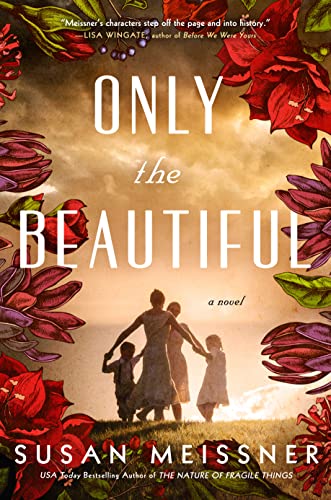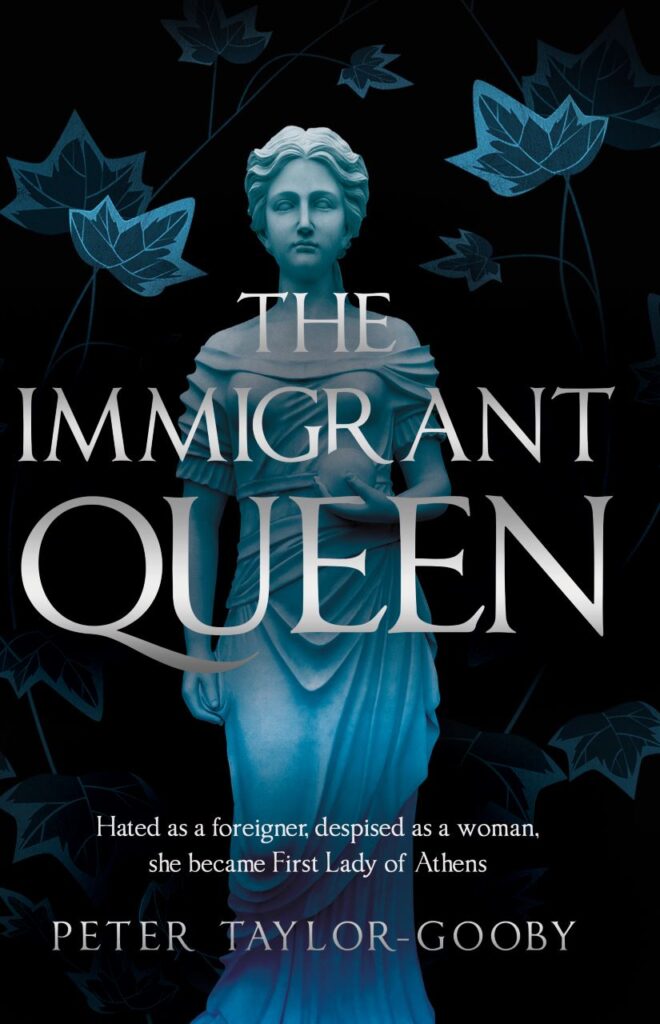Only the Beautiful
Meissner is riveting in this striking novel that brings together WWII Austria and late-Depression-era California wine country.
In the late 1930s, Rosie Maras is orphaned when she loses her entire family in a tragic accident. Taken in by the owners of the vineyard where she and her family lived and worked, Rosie has to keep her ability to see colors when she hears sound a secret, lest society deem her “mad.” Lonely and grief-stricken, she not only reveals her secret but winds up pregnant. When her guardians kick her out, she thinks she’s headed to a home for unwed mothers, only to discover that the place the state sends her is far worse than anything she could have imagined.
In WWII Austria, Helen Calvert, sister of Rosie’s former guardian, nannies for a family whose daughter Brigitta is disabled. Devastated by the loss of Brigitta to the Nazis’ T4 euthanasia program, Helen returns to California after the war and is horrified to learn of the fate of her brother’s ward nine years earlier. After what she witnessed in Austria, Helen is determined to find Rosie and hopes that she hasn’t fallen prey to America’s abominable eugenics program.
Only the Beautiful is an emotional journey of grief, hope, and second chances, written as only Meissner can. Through Rosie’s eyes, readers see firsthand the fear people with different abilities lived with during the era of eugenics in America and will recognize the all-too-modern refrain of a young woman being blamed for a man’s bad behavior. Meissner pulls no punches in comparing America’s treatment of people with disabilities with the Nazis’ actions a few years later, leaving the reader with the emphatic message that everyone has a moral obligation to speak out against governments doing horrible things. This one resonates.










